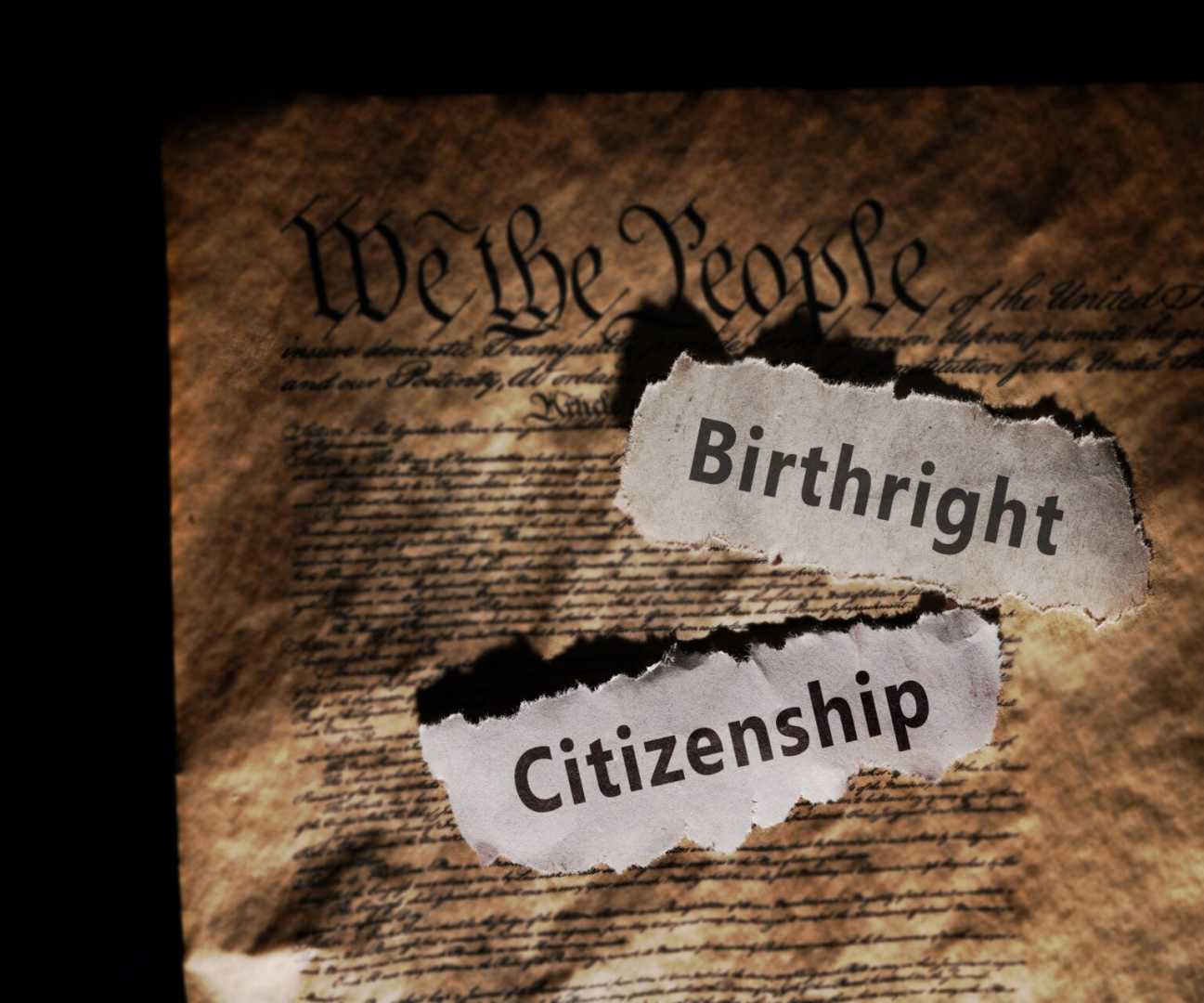Politics
Supreme Court Takes on Birthright Citizenship Case

Washington, D.C. — The U.S. Supreme Court is set to hear oral arguments this week regarding a pivotal case that challenges the 14th Amendment‘s birthright citizenship provision. The discussions will focus on the legal definition of citizenship in the context of children born to undocumented immigrants and temporarily present migrants.
Legal experts highlight the importance of the case, as it could redefine citizenship rights established during the Reconstruction era. Amanda Frost, a law professor at the University of Virginia, speaks extensively on the topic in the latest episode of the Amicus podcast. She notes that the Supreme Court’s current majority is known for its commitment to originalism, a philosophy that interprets the Constitution based on its original meaning.
The citizenship clause of the 14th Amendment states, “all persons born or naturalized in the United States, and subject to the jurisdiction thereof, are citizens of the United States.” The Trump administration’s argument suggests that this clause excludes children of undocumented immigrants and temporary visa holders, stating these individuals do not owe full allegiance to the nation.
Frost critiques this interpretation as lacking coherence and argues that the original intention of the 14th Amendment was to eliminate doubts about citizenship. She cites historical quotes from legislators, including Jacob Howard and Benjamin Wade, who aimed to create a clear and inclusive definition of citizenship in the wake of the Civil War.
Furthermore, Frost emphasizes that the Reconstruction Congress was well aware of illegal immigration issues at the time and aimed to ensure that citizenship would apply uniformly. She refutes claims that the Congress did not foresee the existence of undocumented immigrants, illustrating that different laws against slavery indicate a recognition of the complexities of immigration.
As the Supreme Court prepares to deliberate on the matter, questions of citizenship and allegiance remain at the fore. The implications of the ruling could resonate throughout society, potentially impacting thousands of families with ties to undocumented immigrants.
Frost concludes that the pursuit of a narrow interpretation undermines the foundational American values of equality and universal citizenship, a principle that has endured since the establishment of the United States.












